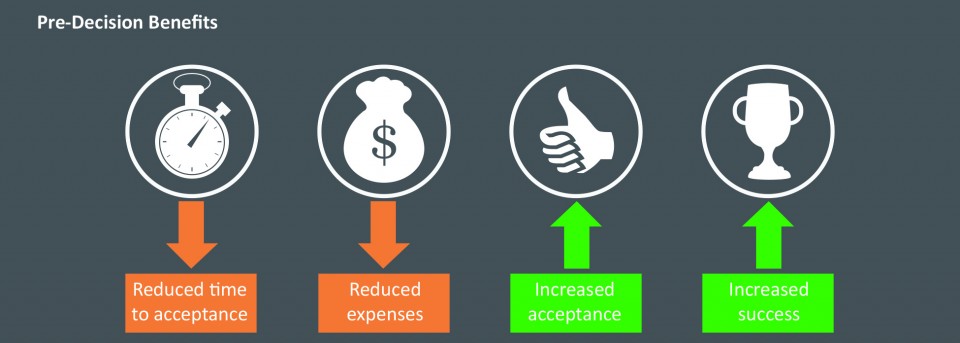Relocation Management Companies should be aware of sustainability
Most companies’ interest in corporate environmental sustainability is on the rise. Everyone is looking to reduce carbon footprints without disrupting their business practices. A World Economic Forum report showed a 16 percent increase over the last five years in global public concern for nature.
Having a grasp of sustainability in the context of the global mobility and relocation sector enables organizations to implement beneficial transformations that benefit both their staff and the environment.
At Global Mobility Solutions (GMS), we are all looking for ways to protect the environment and reduce costs for our clients and their employees. When looking at ways to improve your global mobility program’s sustainability and how to reduce your carbon footprint, here are some things to consider.
Partner with a Professional Organizer
Partner with a “Discard and Donate” company that offers a professional organizer to assist your employees in preparing for their move. This saves the client money by reducing the shipment size, and the program cost will always be less than the savings on the move. Consider updating your relocation policy to cover some of these program costs to help encourage your employees to purge before moving. This can help reduce wasted materials and ensure that unwanted household goods go to good use instead of the trash.
Also, Introduce a weight cap on your household goods moves. This cap can vary by tier or by homeowner vs. renter. This will encourage your employees to consider discarding unwanted items before shipping them on your dime.
Partner with Move for Hunger
GMS is a proud partner of Move for Hunger. Move for Hunger offers your employees the option to donate their non-perishable food to a local food bank at the origin location. Items such as canned veggies, fruits, stews, soups, beans, tuna, pasta, sauce, baby food, flour, cereal, oatmeal, juice, rice, peanut butter, and jelly can be donated.
Since its inception in 2009, over 10 million pounds of food have been donated through Move for Hunger and its partners to help feed the food insecure in the US and Canada. We suggest adding policy language to encourage transferees to contribute to this cause.
Offer Employees Furniture Rental Allowance
For international relocation assignments, GMS urges clients to consider extending a furniture rental allowance instead of shipping household goods. Many relocation management companies partner with furniture rentals for temporary furnishings, another cost-effective way to reduce the carbon footprint.
Make Sure Your Vendors Are Green
GMS has a strict vetting process for working with household goods movers and corporate housing providers. We don’t just work with anyone. During our interviewing process, we ask vendors about their sustainability protocols and what they do to go green. Suppliers who use green clean methods help cut down on wasted resources.
Add Virtual Tools to the Relocation Process
First off, partner with real estate agencies that offer virtual tours and virtual closings for properties to minimize the need for in-person meetings and reduce the environmental impact of transportation.
Contract with household goods providers who are experienced in using virtual surveys. GMS aims to streamline the relocation process while minimizing its environmental impact. Virtual surveys allow for accurate estimations of shipments without the need for physical visits, reducing unnecessary travel and fuel consumption. Additionally, GMS encourages suppliers who utilize recycled packing materials, further contributing to waste reduction and sustainability efforts.
Virtual services encompass a wide range of offerings within GMS, including assistance for spouses and careers, language and cultural training, and, whenever feasible, support for housing, banking, and registration in the destination country. These services can be provided in different ways, such as through video calls, virtual tours of potential homes, and online platforms for cross-cultural training, with the help of local consultants.
Minimizing the need for in-person visits has a positive impact on the environment, as fuel consumption is reduced. Additionally, the assignee benefits from increased support from the local consultant, as less time is spent on transportation.
Ensure You’re Working with Real Estate Agents Who Practice Going Green
Real Estate agents can also help the relocation process be more environmentally friendly. Most agents work from home and are completely paperless. Because they spend a lot of time in their cars, many offer to carpool with clients for a more sustainable transportation option.
When showing properties, agents encourage using energy-efficient light bulbs and turning off lights before leaving any property. By promoting properties with energy-efficient appliances, solar panels, and sustainable building materials, agents can help reduce the carbon footprint of the real estate industry.
When selling a home and the potential cost of utilities is on a client’s mind, agents often suggest they use native plants in landscaping, which require less water and maintenance than exotic species. Desert landscaping is also recommended in dry areas. This not only helps conserve water but also supports local biodiversity.
Many Realtors have obtained a NAR Green Designation. The course focuses on People, Property, Planet, and Prosperity. By completing this course, real estate experts are equipped to provide guidance and access to resources that can assist homeowners in enhancing the efficiency of their residences. This support ranges from affordable solutions and do-it-yourself initiatives undertaking extensive renovations or constructing new homes.
By implementing these practices, our preferred real estate agents can significantly impact the environment and contribute to a greener future. Together, we can create a more sustainable real estate industry that benefits our clients and the planet.
GMS Leads the Relocation Industry in Sustainability
At GMS, we understand the importance of responsible business practices and strive to impact the environment positively. By partnering with like-minded household goods and corporate housing providers, we can collectively work towards a more sustainable future while providing exceptional service to our clients.
In conclusion, GMS prioritizes sustainability and responsible business practices and offers flexible relocation policies to accommodate the diverse needs of our clients. Relocation Policies empower transferees with small shipments to arrange their self-move quickly and flexibly, ensuring a hassle-free experience. Partner with GMS today and let us handle your relocation services needs while working towards a more sustainable future together.
Ready to Calculate YOur Program Savings? Request Access Now!
Are you ready to calculate your potential relocation program savings? Request access to our easy-to-use Relocation Cost Savings Calculator. Your Mobility Pro will grant your access request within 1 business day.



